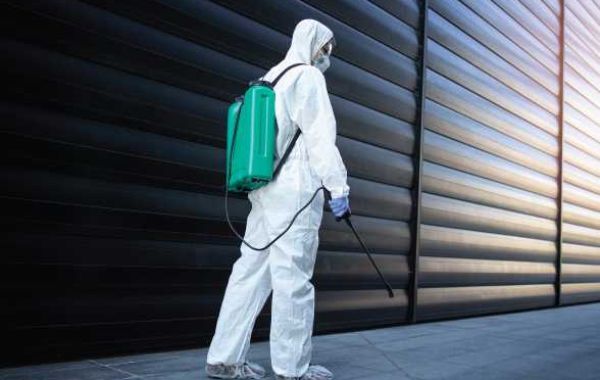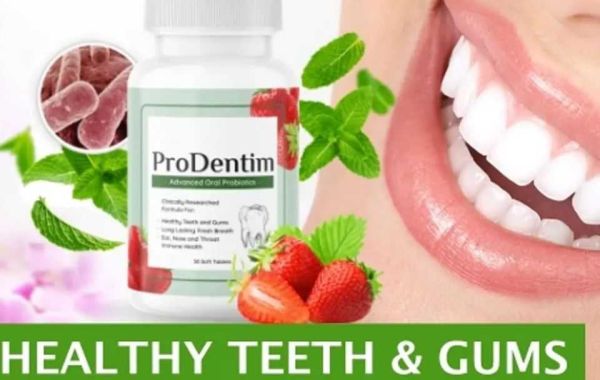Introduction:
Dealing with pest infestations can be a nightmare for homeowners. Not only do pests cause damage to your property, but they also pose health risks to you and your family. The best way to prevent pest problems is to schedule regular pest inspections and control measures. In this article, we will discuss the importance of regular pest inspections and control and provide some tips on how to keep your property pest-free.
Why are Regular Pest Inspections Necessary?
Pest infestations can happen to anyone, regardless of how clean and tidy your home is. Pests such as ants, cockroaches, rodents, and termites are attracted to food, moisture, and shelter. Even the smallest crack or crevice can provide an entry point for pests to invade your home.
Regular pest inspections are necessary to identify any signs of pest infestations before they become severe. Pest control professionals are trained to detect the presence of pests and the extent of their infestation. With regular pest inspections, you can catch pest problems early and prevent them from causing significant damage to your property.
What are the Benefits of Regular Pest Inspections and Control?
There are several benefits to scheduling regular pest inspections and control measures, including:
- Early detection of pest problems: Regular pest inspections can help you catch pest problems early before they become severe. Early detection means less damage to your property and fewer health risks for you and your family.
- Better pest control: Regular pest inspections can help you identify the type of pests in your home and the extent of their infestation. With this information, pest control professionals can develop a tailored pest control plan that is more effective in eliminating pests from your property.
- Improved home value: A pest-free home is more valuable than one that is infested with pests. Regular pest inspections and control measures can help maintain your home's value by preventing damage caused by pests.
- Reduced health risks: Pests can carry diseases and cause allergic reactions in some people. Regular pest inspections and control measures can help reduce the health risks associated with pest infestations.
What to Expect During a Pest Inspection?
During a pest inspection, a pest control professional will inspect your property for signs of pest activity. They will look for areas where pests are likely to hide or breed, such as cracks, crevices, and crawl spaces. They may also use specialized equipment such as moisture meters, infrared cameras, and termite detectors to detect the presence of pests.
Once the inspection is complete, the pest control professional will provide you with a report outlining their findings. If pests are detected, they will recommend a pest control plan tailored to your specific needs.
How Often Should You Schedule Pest Inspections?
The frequency of pest inspections depends on several factors, including the type of pests in your area, the age of your home, and your home's location. As a general rule, it's recommended to schedule pest inspections at least once a year. However, if you live in an area prone to pest infestations, such as a high humidity or wooded area, you may need to schedule inspections more frequently, such as every six months. Additionally, if you've recently experienced a pest problem, it's a good idea to schedule an inspection to ensure that the problem has been completely eliminated.
Pest Control Measures You Can Take
In addition to scheduling regular pest inspections, there are several measures you can take to prevent pests from entering your home. Here are some natural and chemical pest control methods to consider:
Natural Pest Control Methods:
- Keep your home clean and tidy: Pests are attracted to food, water, and shelter. Keeping your home clean and tidy can help eliminate these attractants.
- Seal entry points: Pests can enter your home through even the smallest crack or crevice. Seal entry points with caulk, weatherstripping, or other sealants to prevent pests from entering your home.
- Use essential oils: Some essential oils, such as peppermint oil and lavender oil, are natural repellents for pests. You can use these oils in a spray or diffuser to repel pests from your home.
Chemical Pest Control Methods:
- Insecticides: Insecticides are chemicals designed to kill insects. There are several types of insecticides available, including baits, sprays, and powders.
- Rodenticides: Rodenticides are chemicals designed to kill rodents. They are available in several forms, including baits, pellets, and blocks.
- Fumigation: Fumigation is a process that involves enclosing your home and filling it with a gas that kills pests. Fumigation is typically used for severe pest infestations.
FAQs about Pest Inspections and Control
1.What pests do pest inspections detect?
Pest inspections can detect a wide variety of pests, including ants, cockroaches, termites, rodents, and bed bugs.
2.How long does a pest inspection take?
The length of a pest inspection depends on the size of your home and the extent of the infestation. A typical inspection can take anywhere from 30 minutes to several hours.
3.Are pest control chemicals safe for pets and children?
Most pest control chemicals are safe for pets and children when used according to the manufacturer's instructions. However, it's important to keep pets and children away from treated areas until the chemicals have dried.
Conclusion:
In conclusion, scheduling regular pest inspections and control measures is essential for protecting your home and family from pest infestations. By catching pest problems early, you can prevent them from causing significant damage to your property and reduce health risks for you and your family. In addition to scheduling regular inspections, you can also take natural and chemical pest control measures to prevent pests from entering your home. Remember, a pest-free home is a healthy home!








